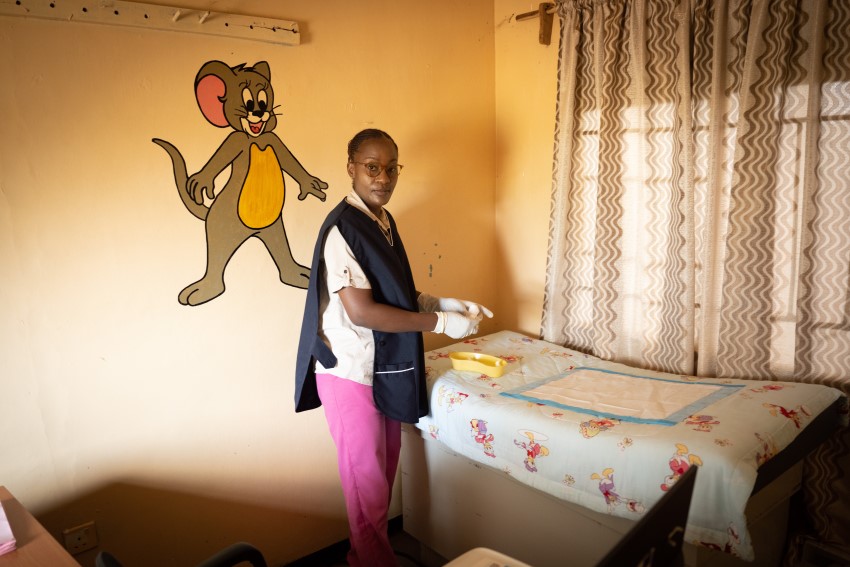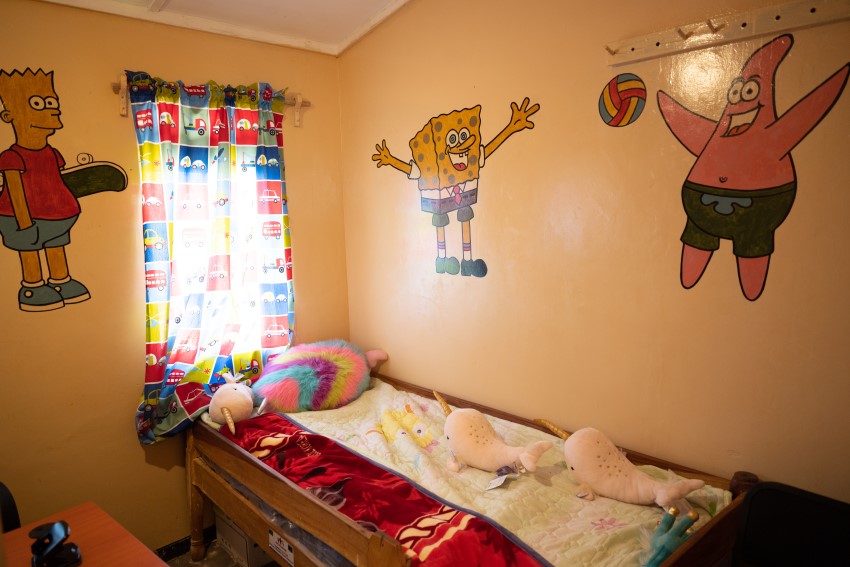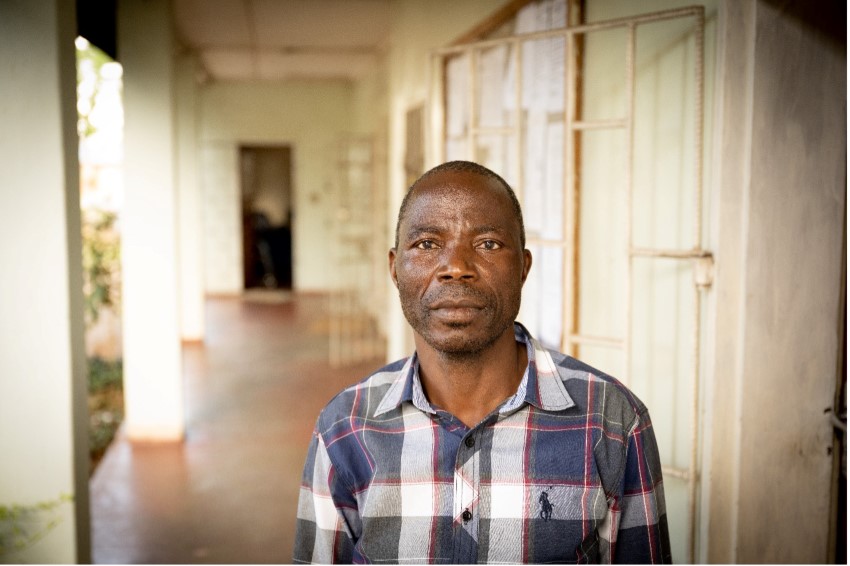
Battered women, and children who have been raped, are examples of the clientele that the manager of the GBV One Stop Centre in Samfya, Zambia regularly helps. But Ruth Nayamg chooses to focus on everything she can change, and all the lives they save.

“When we started the centre here, everything was so emotional and difficult. I couldn't stop crying, but that has changed. Now I see how people can have good lives after being here with us” says Ruth Nayamg, coordinator of the One Stop Centre in Samfya.
Traditions are strong in Samfya, and there is a lot of superstition in the district, such as that HIV can be cured by sex with a young girl. Gender-based violence (GBV) is widespread, and the need to do something was huge.
In 2019, Norwegian Church Aid entered into a four-year agreement with the EU to support victims of gender-based violence, while at the same time changing attitudes in the province of Luapula. The programme, Natwampane, has been rolled out in twelve districts, of which Samfya is one. An important part is better coordination between different agencies, such as healthcare providers, psychosocial counsellors, the police, and the judiciary. Instead of GBV survivors having to visit up to four different service providers for help, the One Stop Centre is a hub where the main services are integrated, and where the wishes and needs of survivors of GBV are placed at the centre of the support they are given.
- “That babies are raped is terrible. The same applies to young girls and pregnant women who are raped. Some have their lives ruined forever” she says.

We meet Ruth in the examination room at the shelter. The small bed is a symbol of everything that is wrong. Here, little girls are examined for venereal diseases, rape and pregnancy.
“In the beginning it was difficult for me to see babies being raped, it was both difficult and painful for me. I became emotionally involved. But I realized that it didn't last long and had to work on myself” she explains.
She began to focus more on what they could change, more than the harsh reality of it all.
“I saw how those who came here changed. How they were helped to process trauma and had physical injuries treated. I saw the follow-up and support they received. How they got their spark back. That the smiles came back. It helped me a lot and changed how I approached this” she continues.
It is not just her who has changed; society has also changed, according to Ruth.
“When we started working here, no one ever reported gender-based violence and it was something that happened quietly. Through attitude-building work, we have increased awareness of what constitutes criminal acts. Because of tradition, in the past much was allowed to pass without anyone questioning it, as we do now” she emphasizes.
“Rape and violence are now reported. We get calls on our helpline, and we have had good help from traditional leaders in trying to change this. We have worked hard for those who live here to understand that such actions are criminal and destructive to people”.
Cooperation is an important means of combating GBV, so it was important that the hospital and the One Stop Center should be close to each other.
In the same yard as the One Stop Center, is the hospital, and a lot is revealed there. Like underage pregnancies, rapes, and venereal diseases.
“The One Stop Centre is a natural part of us” says Zaccheus Lungy, the Hospital Director .
“Before, there was no natural system that caught gender-based violence, the girls and women had nowhere to go, and many refused to talk to the police. Now we can send them to the shelter, and they get all the help they need” he explains.

He says that there are good routines for catching sexual assault, rape, incest, and gender-based violence.
“I am so incredibly sorry that young children are sexually abused, and we see the most shocking things that can happen to little girls. Sexually transmitted diseases, HIV, trauma, attempted home abortions, knife injuries and stroke injuries are some of what we see. But knowing that we are there to help is good”.
Photo: Håvard Bjelland/Norwegian Church Aid.
Published: